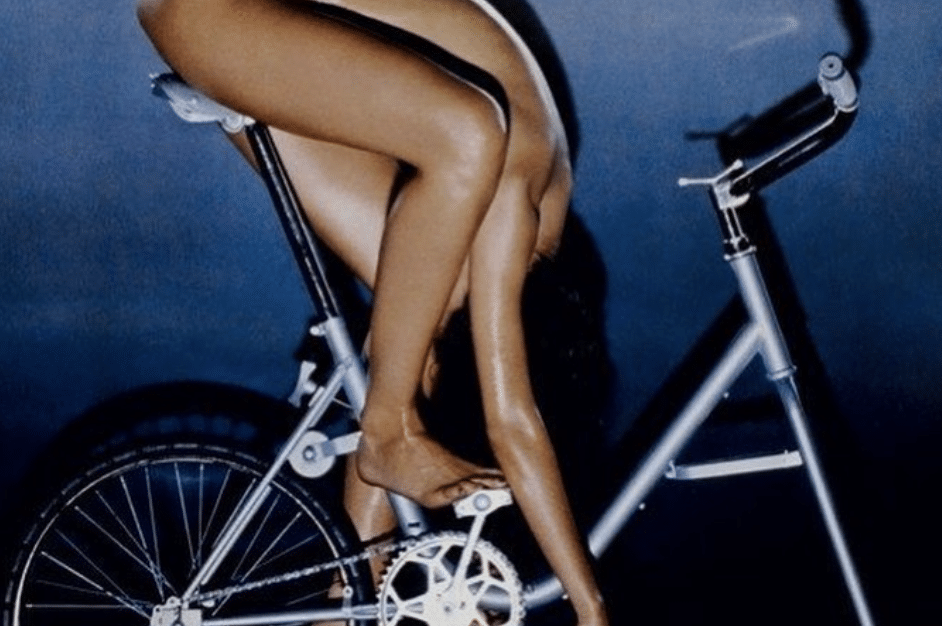
On Monday at 3pm the RUSSH team sat around our respective living areas on a Zoom call and debriefed on content for the week to come. Somewhere between social posting and strategy, we ended up on the topic of getting real, and the general consensus was that we needed to do it. The internet can be a place of so much catharsis amid crisis. Memes, recipes, celebrities doing internet challenges, people joining TikTok (to our dismay) and lots of people making sourdough (??). Half of us are turning our panic into punchlines while the other half spend time organising their closets from their well-lit and beautifully furnished homes. We’re all trying to self-optimise the time spent in isolation as though this pandemic is nothing more than an extended Sunday afternoon. Perhaps it’s a reality for some, but why aren’t we talking about the state of mind that seems to hold the most real estate in our collective consciousness right now: how much we want to give up.
While many of us are either fighting to keep our jobs and businesses (and, in turn, our livelihoods), identities and support systems – or have already lost them – learning Spanish is not front of mind. Merely continuing to exist? That’s more like it. We are living through a time that is deeply traumatic, devastating and heartbreaking for most of us, yet all people seem to be examining is how shredded they’re going to be when they come out of isolation (all I feel is shred of any ounce of energy I might use to bake a banana loaf, because I listened to the news this morning).
The idea that we are supposed to continually self-optimise, even in the face of a life-threatening pandemic, is surely the dark underbelly of the hustle-culture we find ourselves in in 2020.
We’re living in an age where each hour has been broken down for us in order to commodify our waking seconds. No wonder millennials are burning out – our lives don’t seem that complex, yet there is no room culturally for rest, even amid COVID-19.
Of course, it seems logical to use the spare time usually spent commuting or grocery shopping daily, or literally just working, to use your body and brain to make the most of the hours at hand. But what happens when our motivation is at an all-time low due to the exhaustion we are dealing with given the circumstances? Do we really need to be writing a new business plan for a future so unsure that many people don’t know if they will be able to afford rent next week? This ideal feels like one for the privileged only, and at this point leaves no room for reality: this global situation is the opposite of luxury.
I think we can collectively agree that the age of COVID-19 is simply a terrifying time to be alive, and that tending to your basic needs while coping with so much is more than many people can handle, let alone the pressure of using each spare second to optimise our existence.
The way we handle productivity in 2020 is broken, especially for those who have grown up knowing nothing else, so the questions begs – when we have so much internalised anxiety about operating at high-performance, how are we actually supposed to perform?
Perhaps it is the prospect of failure, unrelenting guilt and a fear of laziness we carry around with us daily, that makes us so hardwired to keep pushing. With no capacity to slow down, and certain burnout looming above us, it’s no wonder millennials can never seem to get all they intend to get done, done. We have simply set ourselves up for so much. We are paralysed by all that needs to be ‘ticked off’.
Being ‘busy’ is a paradox of the 20th century that we are only just starting to understand. We complain to anyone who could possibly listen about how busy we are, and the minute we have a moment to breathe we spend it busying ourselves until the ‘quiet’ period is over. In this case, however, we are not experiencing a familiar quiet period. We are experiencing a virus that has reached a scale none of us have lived through before. It is quiet because it has to be for us to survive. It is quiet because if it isn’t medical systems, lives and economies will be brought to their knees (more so than they already have). Let us be quiet in the time it is needed most, for those of us who aren’t able to do so.
Staying indoors is a luxury for many in the face of this crisis. Let’s remember that figuring out how to just ‘be’ during this time is enough of a task, let alone nurturing a sourdough starter. Take solace in the knowledge that if you are simply here, healthy and financially OK, you are essentially as optimised as they come right now. Abs or no abs.



